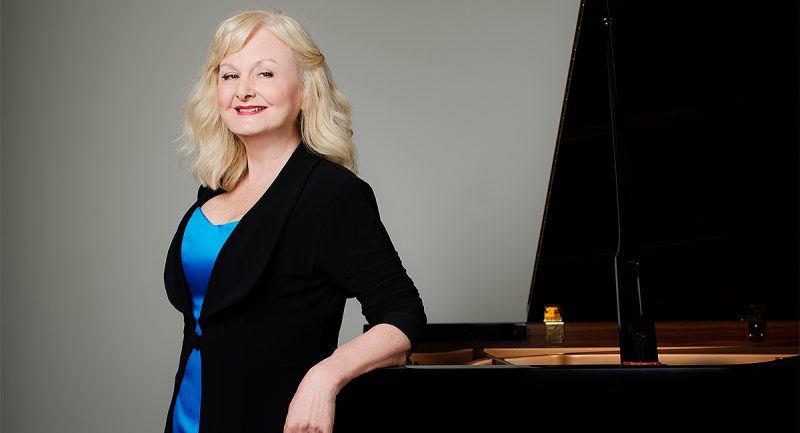Annex pianist lauds environment, women in repertoire
Annex pianist Christina Petrowska Quilico lost one of her beloved recordings 20 years ago.
The York University music professor had recorded a collection for an album at the Glenn Gould Studio featuring all-female composers but the digital audio tape — a sign of the technology at the time — vanished.
“I was not a happy camper about that, but I thought, you make lemonade out of lemons, so many years later it was still bugging me,” she admitted in a mid-September phone call.
But fast-forward to 2018 and she has put together the same track listing, with a few new additions, to re-record a two-disc album called Soundspinning and Global Sirens. The former is a compilation of rare treasures written by Ann Southam, her fifth CD on covering the repertoire of the Canadian composer. The latter is a collection of works of by composers from Europe, Australia, the U.S.A., Canada, and South Africa. Both albums are available on her website.
Petrowska Quilico dips into the works of S.C. Eckhardt-Gramatté and Larysa Kuzmenko.
With all this dedication to the women of musical composition, it’s hard not to ask if the current zeitgeist influenced Petrowska Quilico in her selection process.
“It’s not because of the movement today, but I think it’s very important,” she said, adding the spirit of activism is always at the forefront with her, both with the environment and women’s issues. “I’ve been on that path for a long time. I’ve done a lot of women’s concertos.”
The Southam pieces for Soundspinning are not your typical fare. One of the selections, “Altitude Lake”, is heart-warming for her, she admits, as it’s about the environment.
“The piece called ‘Altitude Lake’ from 1963, I’m sure, had Southam been alive, she’d say, ‘Don’t play that piece, it’s a horrible piece’. She liked me going into that trunk of hers,” Petrowska Quilico says. “You’ve got the beautiful variety of rivers, but this one, I see the mountains in the music. To me, it’s a sound painting. We resonate like a tuning fork.”
Another piece by Adaline Shepherd, off of the Global Sirens album, is a favourite ditty from the early 20th century. “Wireless Rag,” written in 1906, was a perfect example of the dynamic abilities of female composers.
“She wrote another rag, ‘Pickles and Peppers’ and it was used by William Jennings Bryan when he was campaigning to be President of the United States (in 1908). Then she married and her husband decided it wasn’t right for her to perform or compose,”Petrowska Quilico says. “Her rags are just as good as Scott Joplin’s and had she been given the opportunity to perfect her music, who knows what she could have done for the genre.”
Joplin, of course, was known for writing “The Entertainer”, which was made famous later in the 20th century on the soundtrack of The Sting with Robert Redford and Paul Newman.
That raises a key point for Quilico though. More now than ever, art is needed, she says, sharing a small anecdote about performing at a recital for new surgeons at the behest of a doctor friend in New York City.
“The [surgeons] were quite arrogant, he knew,” Petrowska Quilico recalls. “So, he would give a speech each time, and he would say, ‘You surgeons. You doctors. You think you’re pretty great. You save lives, yes, but artists make life worth saving’.
“I thought that was really nice. I loved it.”

